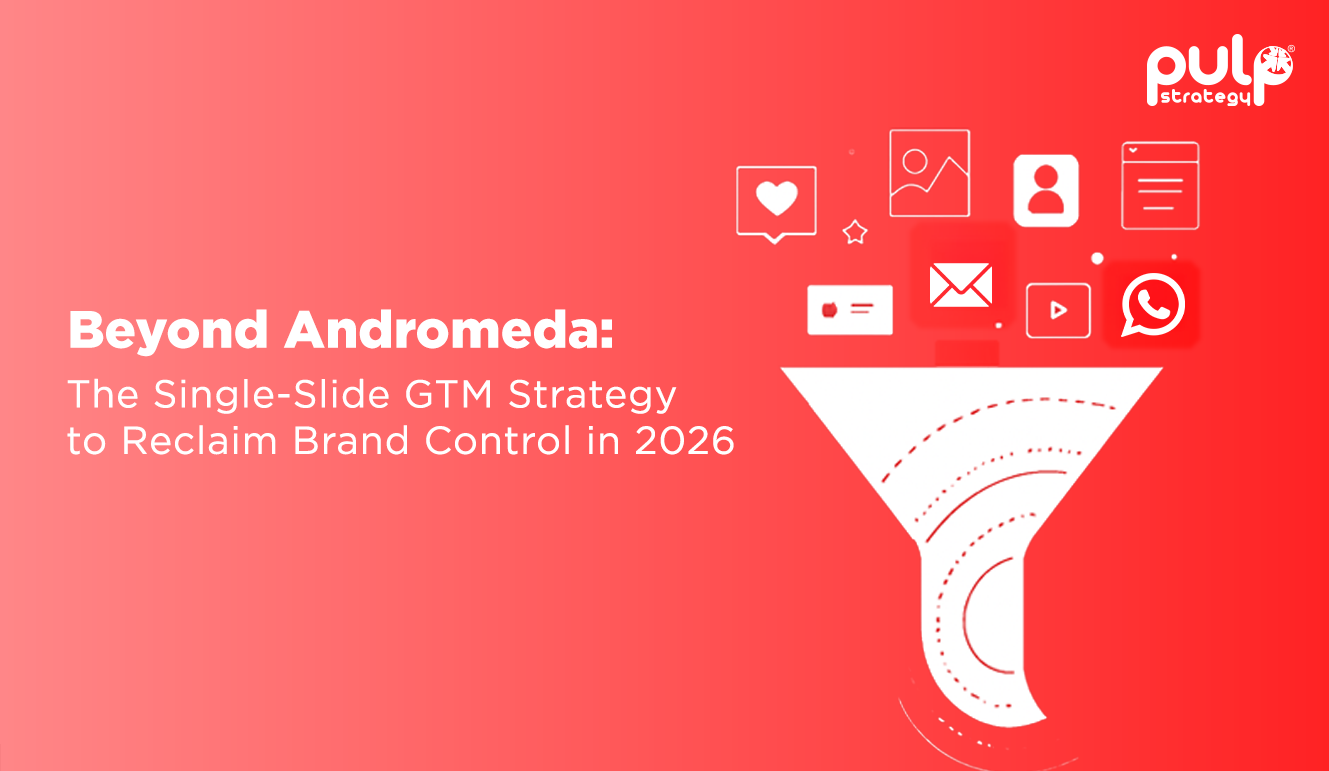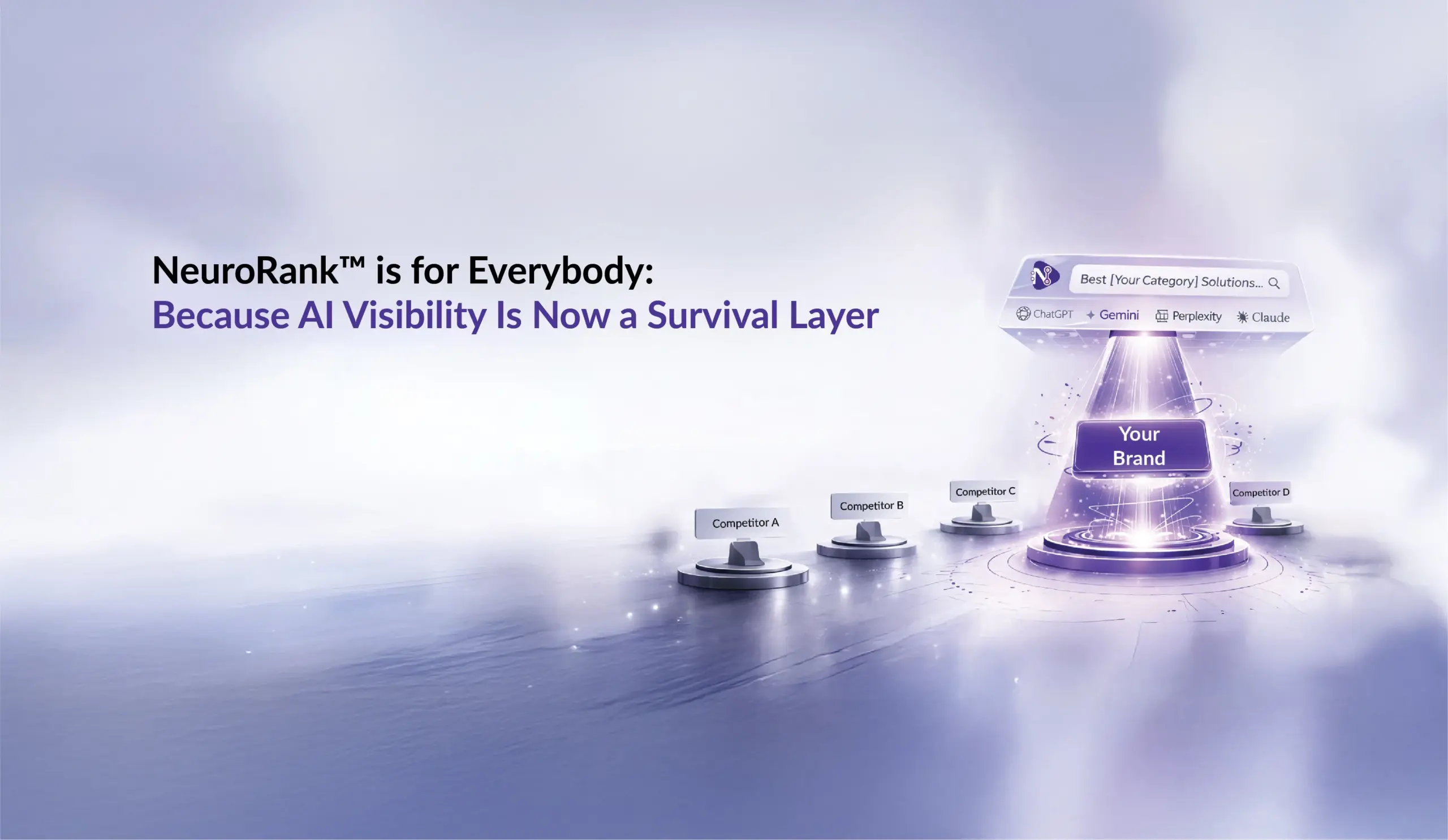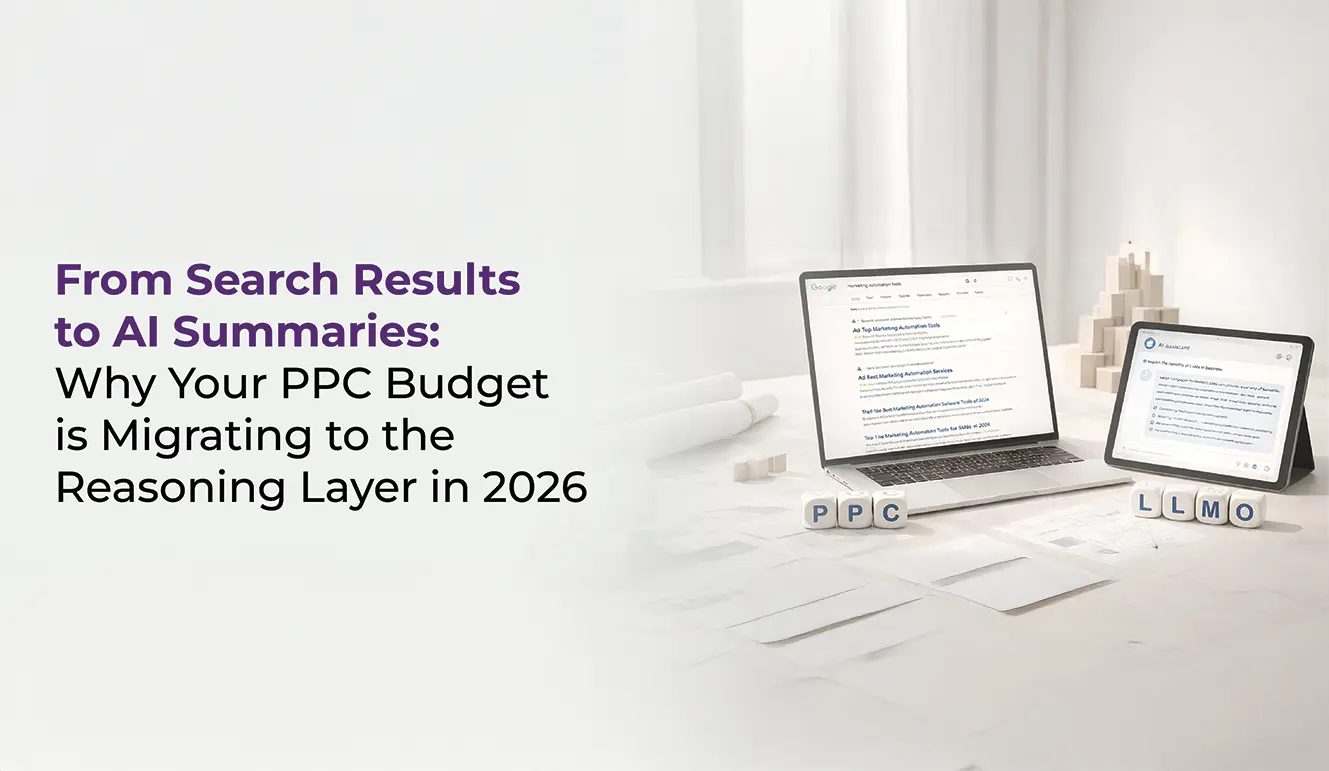Third-party cookie tracking will end in 2023, disrupting the entire marketing and advertising world. It will require you to focus more and more on first-party data strategy. Is your business ready to adapt to a cookieless future? Let's find out.
The digital marketing and advertising landscape are transforming at the speed of innovation. Today, browsers are left with a limited lifespan for third-party cookies. Google has already announced its intention to stop the use of cross-site tracking (through third-party cookies) in Chrome by the end of 2023, joining a growing list of browsers discarding this tracking technology.
As we step into the cookieless era, the rules of marketing will rapidly evolve; creating a new beginning for your business that requires full data compliance and a robust first-party data collection and activation strategy.
Cookieless Future – What Does It Mean?
Cookies have been in existence ever since the beginning of the web. Browsers use cookies to make the surfing experience more convenient. There are different types of cookies on the internet today. Cookies are small snippets of code collecting user data like page clicks, page views, and interactions with websites, along with PII such as device ID, address, passwords, and credit card numbers, among other data points.
First-party cookies are generated by the website that a user visits to keep them logged in and remember behavioral information like auto-fill information in form fields. On the other hand, Third-party cookies are the backbone of programmatic advertising and identify users on various websites, otherwise known as cross-site tracking, where data is shared with multiple websites other than the one user visits.
Cookieless Future - What does it mean for Marketers?
A cookieless future means that marketers will have to find new ways to track online consumers. Cookies have been the primary way for marketers to track consumers online for years. However, new browser privacy features and regulations are making it harder for companies to use cookies to track people across the web. There are a few potential implications of this for marketers:
It will be harder to track consumers online
This means that marketers will have to find new ways to track consumer behavior and measure the effectiveness of their marketing campaigns.
Marketers will need to rely more on first-party data
First-party data is data that is collected directly from consumers, such as through surveys or loyalty programs. This type of data is more reliable than third-party data (which is collected from sources like cookies), but it can be harder to collect.
It will be important to focus on building relationships with consumers
If marketers can't track consumers online, they'll need to focus on building relationships with them in order to understand their needs and preferences.
Privacy will become even more important
As cookies become less reliable, consumers will be even more concerned about their online privacy. This means that it will be even more important for marketers to be transparent about how they collect and use data.
The cookieless future is still unfolding, and it's not yet clear what the full implications will be for marketers. However, it's important to start thinking about how to adapt your marketing strategy now so that you're prepared for the changes that are coming.
Cookieless Future - What are the Advantages?
A cookieless future presents a solid opportunity to build a better foundation for digital ads. There are a lot of challenges with cookies. For starters, they are not transparent. Users are unaware of which information is being shared about them and how it is being used. Second, cookies represent devices and not humans. Therefore, this data can show duplicate impressions.
Another advantage of a cookieless future is that it would make the internet faster. Cookies are often used to store information that doesn't need to be stored on the user's computer, such as session data. This can slow down web pages and use up valuable resources on the user's device.
Finally, a cookieless future would provide more privacy and be more secure. Because cookies are often used to store sensitive information, they can be a target for hackers. If we move away from cookies, this type of information would be much less accessible to them.
Cookieless Future - Best Practices for Marketers
As the use of cookies continues to decline, marketers need to be prepared for a cookieless future. Here are a few steps they can take:
Develop a data-driven marketing strategy
Without cookies, marketers will need to rely on first-party data to target and personalise their campaigns. This means collecting data directly from customers through surveys, sign-ups, and other forms of customer engagement.
Invest in data management
To make the most of first-party data, marketers will need to invest in data management tools and platforms. This will help them organise and segment their customer data for more targeted marketing campaigns.
Get creative with marketing tactics
Without cookies, marketers will need to get more creative with their marketing tactics. This could involve using alternative methods of targeting and personalisation, such as geotargeting and behavioral targeting.
Stay up to date with the latest changes
As the cookieless future unfolds, marketers need to stay up to date with the latest changes. This means keeping abreast of new developments in data privacy and advertising technology.
By taking these steps, marketers can prepare for a cookieless future and continue to deliver personalised and effective marketing campaigns.
Cookieless Future – What Lies Ahead?
It’s an exciting opportunity for the marketing and advertising industry to collectively work harder to serve targeted ads with consumer privacy since cookies never have been a robust foundation. By growing your first-party data, making the most out of cross-channel tracking and being open to trying new tactics, you can work through this period of digital transformation. So be prepared by taking steps now.
Working with a strategic partner like Pulp Strategy can help you navigate this period of uncertainty with confidence. If you are a marketer or an advertiser looking for help and guidance on how to deal with the changes around the cookies, get in touch with the Pulp Strategy team today!
Best digital Marketing agency in Delhi |creative advertising agency |Strategic marketing agency India | Technology innovation agency









